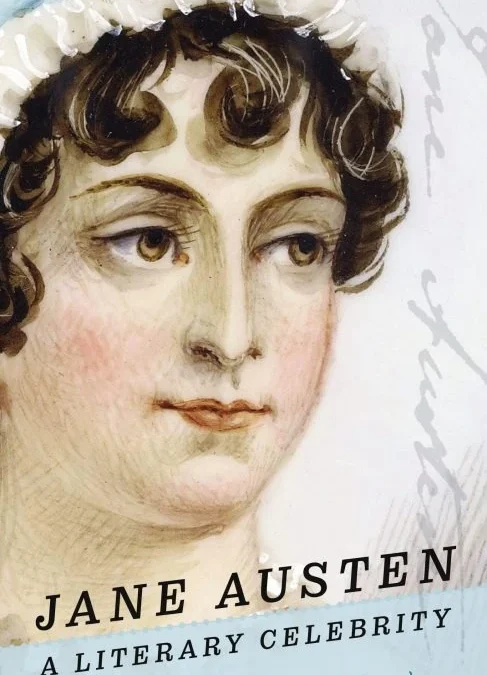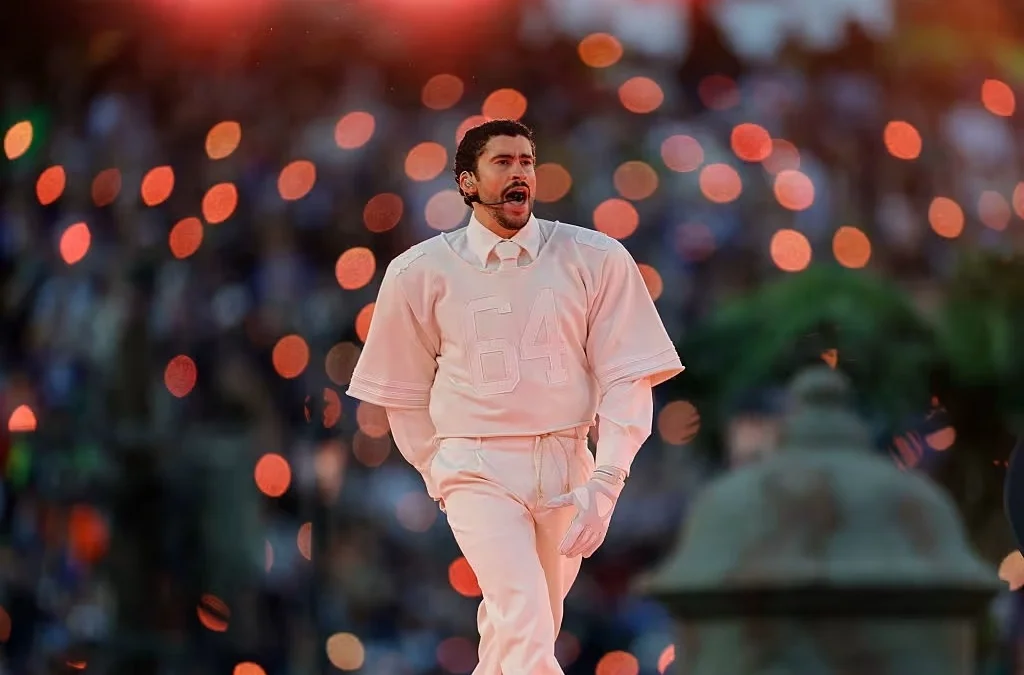The year 2019 was a transformative one for the world of cinema. From record-breaking box office performances to sweeping controversies, the year offered both breathtaking accomplishments and intense debates. It was a year where streaming giants continued to assert their dominance, iconic franchises found new paths forward, and groundbreaking films tackled sensitive societal issues. As we reflect on the most significant movie news of the year, it’s clear that 2019 was a year of change, innovation, and bold storytelling.
- The Box Office Record-Breaking Year: “Avengers: Endgame” Takes the Crown
Undoubtedly, one of the biggest movie stories of 2019 was the astronomical success of Marvel’s “Avengers: Endgame”. Directed by Anthony and Joe Russo, this superhero epic was not only the culmination of a decade of interconnected films but also an emotional farewell to beloved characters like Iron Man (Robert Downey Jr.) and Captain America (Chris Evans). Upon its release in April, “Endgame” shattered records across the globe, quickly surpassing “Avatar” to become the highest-grossing film of all time, with a box office haul of over $2.8 billion worldwide.
The film’s success was symbolic of the larger dominance of the Marvel Cinematic Universe (MCU) and its grip on the global film industry. “Endgame” wasn’t just a film, it was a cultural event that united fans across generations. The film’s massive box office success also marked a shift in the way audiences engage with long-running film franchises. The film’s high emotional stakes, fan service, and sense of closure made it an unforgettable cinematic experience.
Why It’s Big: “Avengers: Endgame” didn’t just break box office records—it redefined the possibilities of the superhero genre and cemented the MCU’s place as one of the most powerful forces in film history.
- Streaming Wars Intensify: Disney+ and Apple TV+ Enter the Scene
2019 saw the emergence of a new era in film and television with the launch of two major streaming platforms: Disney+ and Apple TV+. Both companies made huge splashes in the streaming world, attracting millions of subscribers and transforming the way people consume entertainment.
Disney+, launched in November 2019, became an immediate powerhouse by offering an expansive library of content from Disney, Pixar, Marvel, Star Wars, and National Geographic. Its debut marked the beginning of Disney’s ambitious push to dominate the streaming market, directly competing with industry leaders like Netflix and Amazon Prime Video. Key titles, such as “The Mandalorian” from the Star Wars universe, quickly became cultural phenomena.
Meanwhile, Apple TV+, which launched in November as well, came with its own set of expectations. While the platform didn’t boast the same extensive library as Disney+, it offered high-quality original programming, such as the star-studded The Morning Show with Jennifer Aniston, Reese Witherspoon, and Steve Carell, and See, starring Jason Momoa. The production values and strong creative talent behind Apple TV+’s offerings raised the bar for streaming content, with critics and viewers alike taking notice.
The arrival of these two services has further intensified the “streaming wars,” as traditional film and television models face increased competition from digital-first platforms. These streaming services are reshaping the future of movie consumption, highlighting the growing trend of binge-watching and on-demand viewing.
Why It’s Big: Disney+ and Apple TV+ are revolutionizing the entertainment industry by providing new ways for consumers to access premium content. With massive studios and tech giants behind them, the stakes in the streaming industry are higher than ever before.
- The End of “Game of Thrones”: A Controversial Final Season
One of the most talked-about events in entertainment in 2019 was the final season of HBO’s “Game of Thrones”. The show, based on George R.R. Martin’s epic A Song of Ice and Fire series, had been one of the most culturally significant TV series of the 2010s. For years, fans eagerly awaited the conclusion of the story, but the final season—comprising just six episodes—received mixed reviews that sparked widespread debate.
The final episodes, which aired in April and May of 2019, were met with both praise and criticism. Many fans took issue with the pacing, character arcs, and eventual outcomes for some of the show’s most beloved characters. The series finale, in particular, left many fans disappointed, prompting a wave of petitions to remake the season. Despite this backlash, the show’s impact on popular culture was undeniable—Game of Thrones had redefined the scope and scale of television, influencing countless other shows in its wake.
However, while the final season was divisive, it also highlighted the growing importance of television as a cultural force. The immense global viewership and the conversations surrounding the series finale showed just how deeply ingrained “Game of Thrones” had become in the fabric of modern pop culture.
Why It’s Big: “Game of Thrones” may have ended with controversy, but its legacy as a groundbreaking television series that redefined storytelling and set new standards for production values is unquestionable.
- “Joker” Becomes a Controversial Phenomenon
Todd Phillips’ “Joker” was one of the most controversial and talked-about films of 2019. Starring Joaquin Phoenix in a hauntingly transformative performance, the film served as an origin story for the iconic DC villain, focusing on the psychological breakdown of Arthur Fleck and his descent into madness. The film’s dark, gritty portrayal of mental illness, its exploration of societal alienation, and its provocative depiction of violence prompted intense debates.
“Joker” faced criticism for its potential to glamorize violence and its portrayal of a troubled protagonist. Some warned that it could inspire real-world violence, while others saw it as a sharp critique of societal neglect and the consequences of failing to address mental health issues. Despite the controversy, “Joker” became a massive box-office success, grossing over $1 billion worldwide, making it the highest-grossing R-rated film of all time.
In addition to its box office triumph, the film earned significant recognition during the awards season, with Phoenix winning several Best Actor awards, including the Academy Award. The film’s success reflected the growing trend of dark, mature-themed films gaining traction in mainstream cinema.
Why It’s Big: “Joker” stirred up deep social conversations and set new precedents for comic book-based films, proving that these movies can tackle heavy themes while achieving major financial and critical success.
- The Rise of Women Directors and the Push for Diversity
Another significant story in 2019 was the continued push for gender equality and diversity in the film industry. While this is an ongoing conversation, 2019 saw a notable shift in the number of women directors who were recognized for their exceptional work, as well as increased efforts to provide opportunities for filmmakers from underrepresented groups.
Greta Gerwig, who had made waves in 2017 with Lady Bird, returned with her highly anticipated adaptation of Little Women, which was praised for its innovative take on the classic novel. Gerwig’s work was lauded for its modern sensibilities, showcasing the talent of a female director navigating a historically male-dominated industry.
Additionally, Lulu Wang’s The Farewell and Celine Sciamma’s Portrait of a Lady on Fire received critical acclaim for their unique perspectives on women’s lives and experiences. These films demonstrated the power of diverse voices in storytelling, breaking barriers and challenging the status quo of mainstream cinema.
The conversation surrounding diversity extended beyond gender to include racial and ethnic representation as well. 2019 saw films like “Parasite”, “Us”, and “Harriet” gaining attention and accolades, representing a significant cultural shift toward broader inclusivity in Hollywood.
Why It’s Big: The growing recognition of women directors and the broader push for diversity signaled a positive step forward in an industry that has long struggled with representation. The stories told by these filmmakers are vital for the evolution of cinema.
- The “Star Wars” Saga Concludes with “The Rise of Skywalker”
For fans of “Star Wars”, 2019 marked the end of the Skywalker saga with the release of “Star Wars: The Rise of Skywalker”. Directed by J.J. Abrams, the film aimed to wrap up the trilogy begun with The Force Awakens and provide closure to the story that began with A New Hope back in 1977. The film brought together beloved characters from the original trilogy, such as Luke Skywalker and Leia Organa, alongside new characters introduced in the sequel trilogy.
However, the conclusion of the Skywalker saga was met with mixed reactions from fans and critics. Some hailed it as a thrilling, action-packed finale that brought the franchise full circle, while others felt that it failed to live up to the expectations set by its predecessors. The film’s reliance on fan service, its pacing, and its handling of character arcs divided audiences.
Despite the polarizing response, “The Rise of Skywalker” became a box-office success and marked the official end of the nine-part saga, as well as the end of Disney’s era of Star Wars dominance in the theater.
Why It’s Big: “The Rise of Skywalker” represented the conclusion of one of the most iconic and influential film franchises of all time, and its reception highlighted the challenges of satisfying longtime fans while pushing the saga into new directions.
2019 was a year of contrasts in the world of film. It was a year
where traditional film studios and the growing streaming giants clashed, where controversies around violence and representation sparked intense conversations, and where record-breaking successes set the stage for the next chapter of Hollywood. As the industry continues to evolve, 2019 will go down as a year that forced the entertainment world to reckon with both its past and future—marking it as a pivotal time for the film industry.






0 Comments